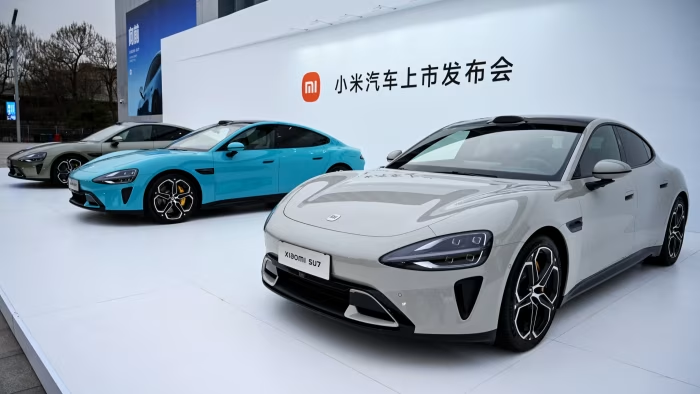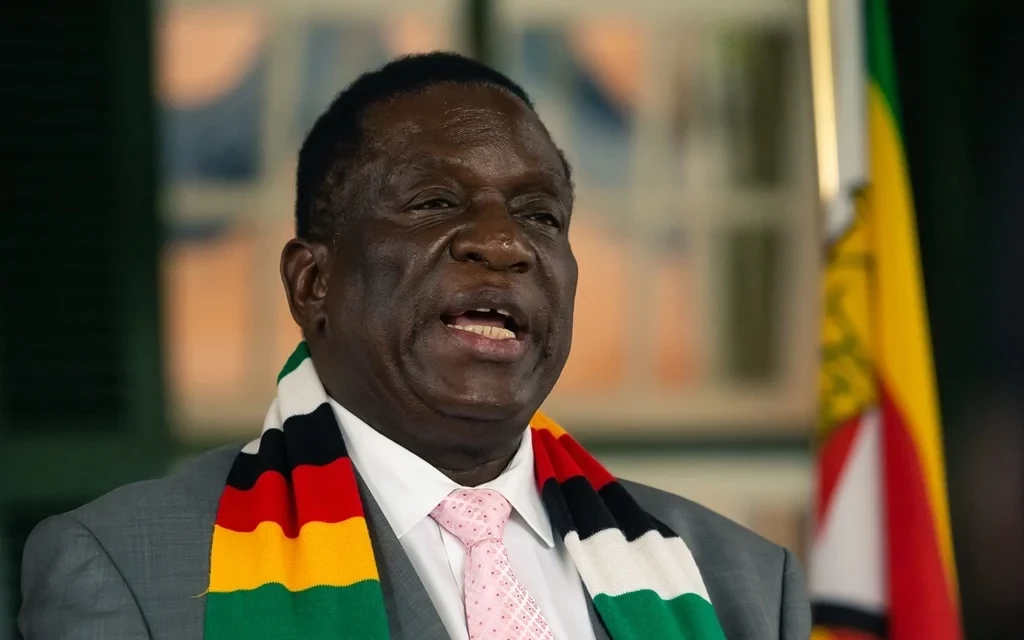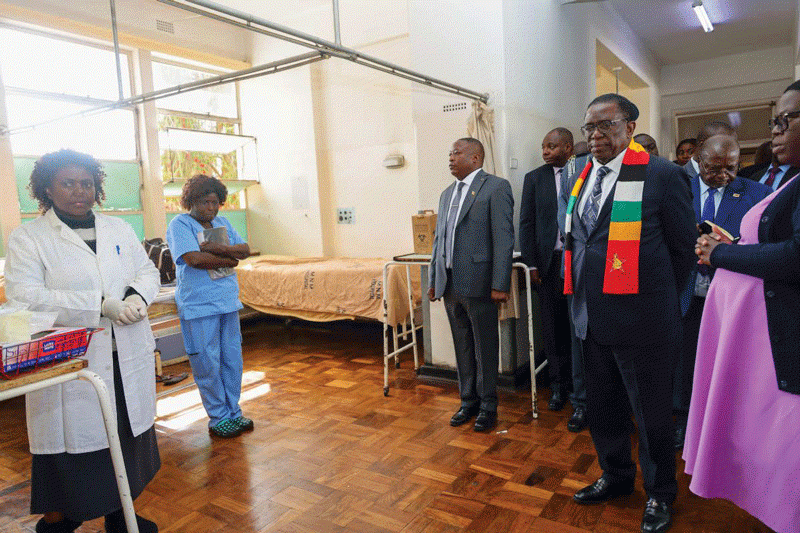
Electricity has become a scarce commodity in Zimbabwe, and the situation does not look like it will improve anytime soon. Lately, even well-to-do South Africa — one of the biggest economies on the continent — has been struggling to supply its population with a sufficient amount of power, with their power utility Eskom, just like Zimbabwe’s Zesa, having to resort to extensive load-shedding.
BY CHIPO MASARA
The power outages in Zimbabwe have been particularly crippling to industry, most of which depend on a consistent supply of power to thrive. Without an alternative, most industries are often left non-productive as workers sit around waiting for Zesa to resume supply. More often than not, by the time power is restored, it would be during hours too odd to get any work done. Thus, owing to the incessant power shortages, Zimbabwe has been for a number of years now rendered a highly unproductive country — aiding the country’s economic collapse.
And the situation seems to be only getting worse. Zesa recently announced it is faced with a 400 megawatts (MW) plunge in generation capacity at Kariba Power Station necessitated by the fall in water levels at Kariba Dam, and warned customers countrywide to brace for increased incidences of load-shedding. The development has seen most areas going for much longer hours without power, with some reporting power is only restored at unfriendly hours and for very short periods — sometimes from 12 midnight (when many are sleeping) to 5am (while many are still sleeping). The load-shedding timetables have seen many of those that do not have alternative power sources having to seriously adjust their routines.

While most of those individuals and businesses that can afford it have resorted to the use of generators, it is an option out of reach for many cash-strapped Zimbabweans, most of whom are out of employment. As a result, the country’s cities now resemble rural settings, as people have to use candles or paraffin lamps for lighting, or sit in the dark, while firewood is extensively used for cooking — which explains the country’s exacerbating levels of deforestation.
Zimbabweans are in dire need of independent power sources that are free from economic or political instability. The country needs power sources that are dependable and economic, that do not leave them at the mercy of Zesa. The immediate answer that comes to mind is solar energy!
It is believed the amount of energy the sun sends towards our planet is 35 000 times more than what we currently produce and consume. It can be harnessed like any other type of energy and used to create electricity to run homes and businesses.
Zimbabwe, with its very high temperatures that soar above 30°C on any normal day, is a country that is ripe for major solar projects.
- Chamisa under fire over US$120K donation
- Mavhunga puts DeMbare into Chibuku quarterfinals
- Pension funds bet on Cabora Bassa oilfields
- Councils defy govt fire tender directive
Keep Reading
During a time when most people believe Zesa is fleecing them as they are paying for a service that they seldom get, the solar energy option is a sure way to save money as there would be no expensive electricity bills to constantly worry about. Once the solar energy system is installed, the electricity generated from the sun thereafter is free. Such an option gives consumers control as they would no longer have to worry about Zesa’s unexplainable bills, continuous power cuts and load-shedding.
Best of all, solar energy does not compromise the environment. It is completely natural and is considered a clean energy source. The small amount of impact it does have on the environment is usually from the chemicals and solvents that are used during the manufacture of the photovoltaic cells that are needed to convert the sun’s energy into electricity. This is, however, a small problem compared to the huge benefits that are accrued from it.
While many that have reservations about a switch to solar energy fear for a cut in supply during less sunny weather conditions, photovoltaic systems don’t need direct sunlight to produce energy; they just need daylight and this means they can operate even during cloudy and less bright days.
The best part is that we are never going to run out of this massive energy resource for thousands and thousands of years.
If Zimbabweans finally realise they should move away from their overdependency on Zesa and consider other energy sources, harnessing solar energy would be a good start.











